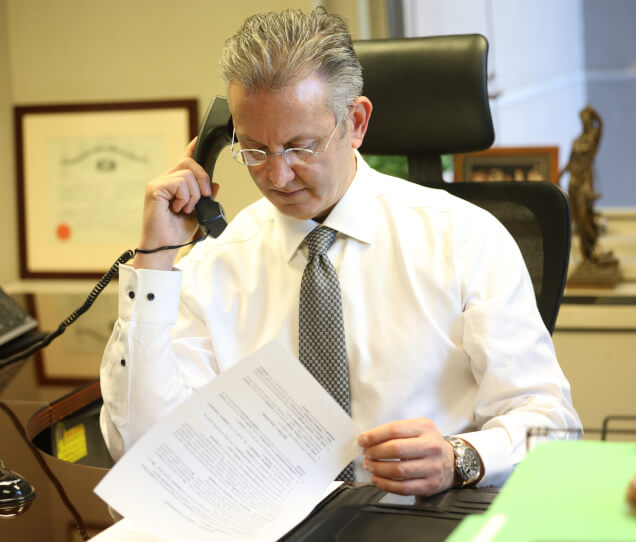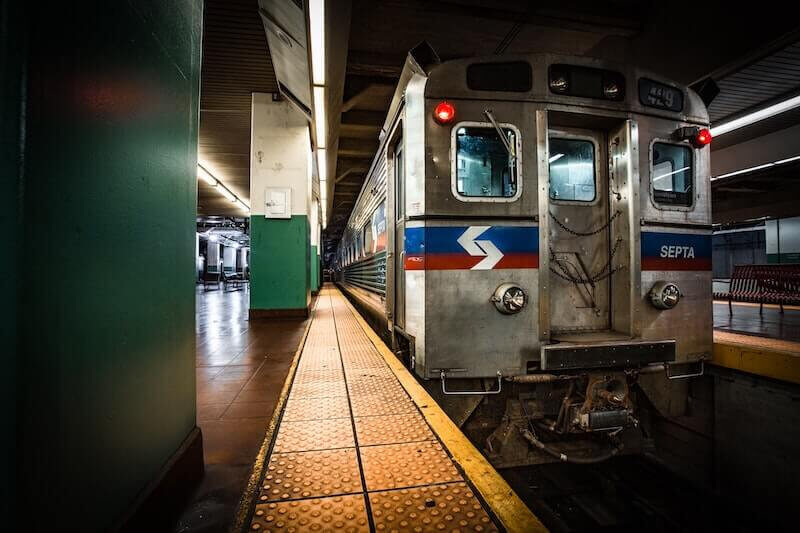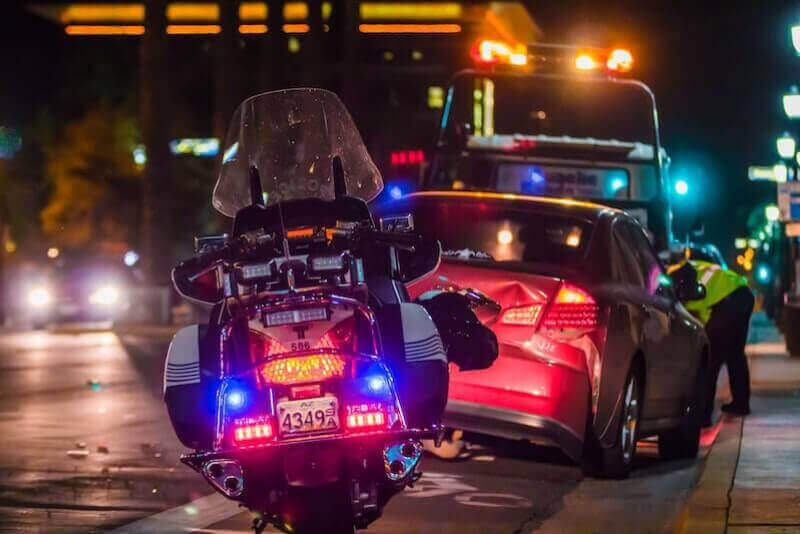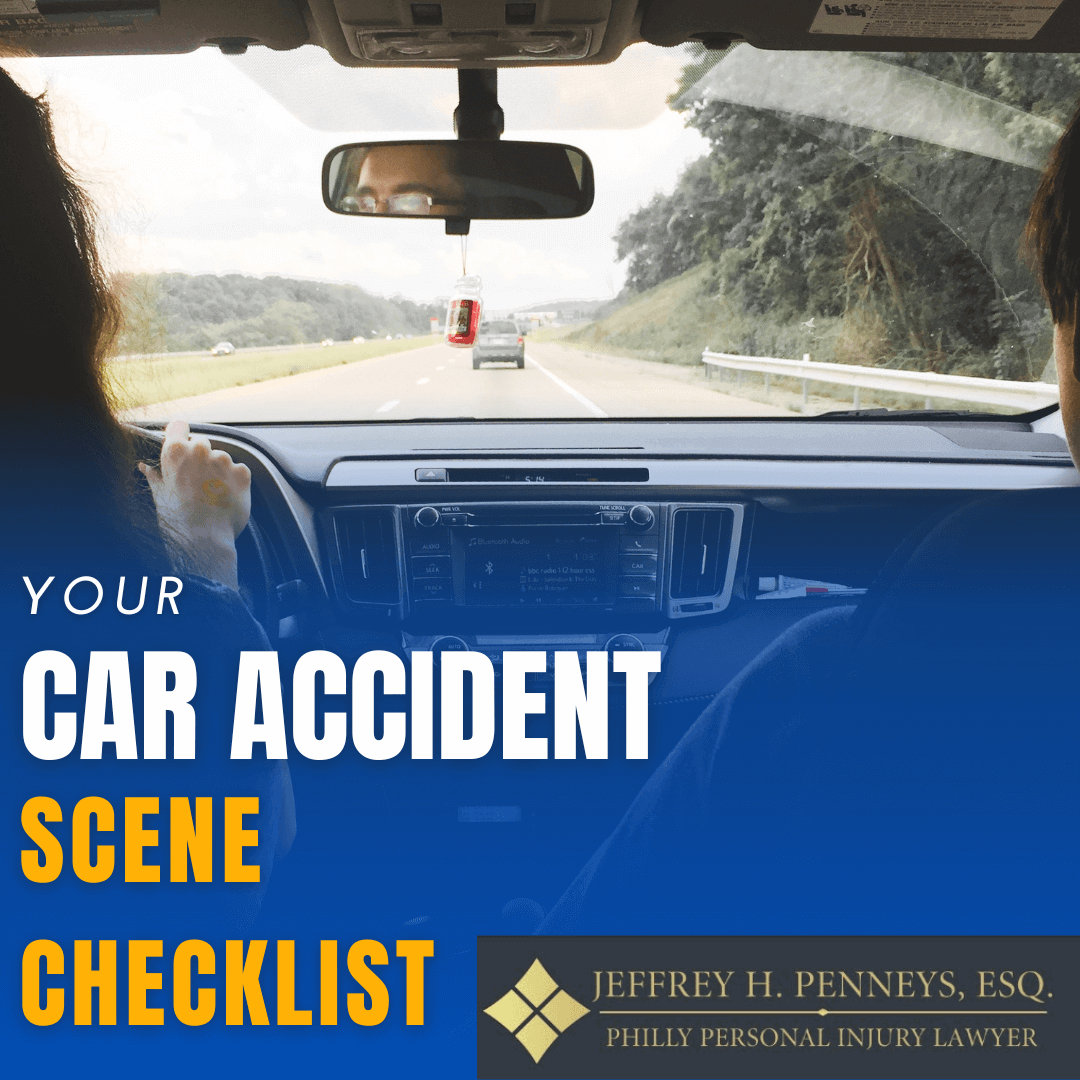
How Are Personal Injury Settlements Calculated?
After experiencing a serious injury, you face a grueling recovery with potentially months of rehabilitation and significant medical bills. You’re ready to file a personal
230 S Broad St #904, Philadelphia, PA 19102
Rated 5 stars by 200+ Clients on
NO WIN, NO FEE. GUARANTEED.

Bus, train, and trolley accidents often involve extremely large amounts of force, even when the public transportation vehicle is not moving at a particularly high rate of speed. In addition, these types of public transportation vehicles rarely come equipped with seatbelts. For these reasons, SEPTA accidents often result in serious, life-threatening, and permanent injuries.
At the Law Offices of Jeffrey H. Penneys, we understand that even low-speed collisions in public transportation vehicles can result in significant injury for passengers and that major crashes may result in multiple fatalities and dozens of injured passengers. If these accidents were SEPTA’s fault, you could be entitled to compensation for your injuries and medical expenses.
If you or a loved one have been injured as a result of a SEPTA accident, contact your Philadelphia bus accident attorney at the Law Offices of Jeffrey Penneys for a free consultation with an experienced lawyer. Call (215) 771-0430 for immediate legal guidance.
When you seek compensation in the wake of a SEPTA accident, you may receive support for more than your current medical bills and lost wages. If your injuries resulted in long-term health problems and permanent disabilities, SEPTA may also be responsible for your future medical costs, loss of earning power, loss of quality of life, and loss of consortium.
Being involved in a public transportation accident is different from being in other types of traffic accidents. Unlike a simple two-car collision, a SEPTA accident often involves a large number of people, greater emergency response, and mass confusion. For these reasons, it is more difficult to know what to do after a public transit accident and easier to make a key mistake that could harm your ability to collect the compensation you need and deserve.
Below are seven actions you should take after a bus, trolley, subway, or train accident in Philadelphia or anywhere in Pennsylvania:
Please fill out the contact form below and we will get back to you shortly
"*" indicates required fields

After experiencing a serious injury, you face a grueling recovery with potentially months of rehabilitation and significant medical bills. You’re ready to file a personal

The result of most Pennsylvania personal injury cases depends on the negligence level of the parties contributing to the injury. Pennsylvania’s modified comparative negligence laws

If you or your loved ones suffer injuries in a car accident, the steps you take at the scene can play a crucial role in